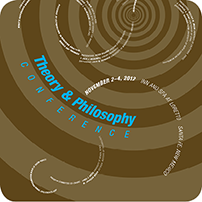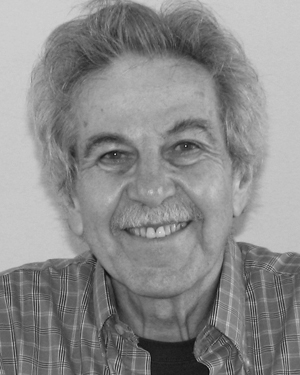Consciousness and Behavior

Howard Rachlin (State University of New York at Stony Brook)

Howard Rachlin obtained a Ph.D. in psychology at Harvard University in 1965. He is currently a research professor and an emeritus distinguished professor of Psychology at the State University of New York at Stony Brook. He has published more than 100 articles, written six books including Behavior and Mind and The Science of Self-Control, and edited two other books. He has served on study sections for the National Institutes of Health (NIH) and the National Science Foundation (NSF). He is on the editorial boards of six journals. Since he received his Ph.D. his research (on choice, self-control, social cooperation, and experimental economics) has been continuously supported by grants from NIH and NSF including an NIH MERIT award. Among other honors, he has been elected a fellow at the American Psychological Society and the Society of Experimental Psychologists. He has been the recipient of a James McKeen Cattell Fellowship (1975-76) and an Award for the Impact of Science on Application from SABA (2005). He was a visiting scholar at the Russell Sage Foundation (1988-89) and an invited speaker at the Nobel Symposium on Behavioral and Experimental Economics in Stockholm, Sweden (2001).
Abstract: Historically, consciousness has been viewed as a spiritual occurrence within the body. Modern philosophers and psychologists who reject the spiritual view (behaviorists among them) nevertheless follow spiritual theories by identifying consciousness with intrinsically private events inside the body-usually covert behavior such as talking to yourself (subvocal speech) and picturing objects and events to yourself. This view has many logical and empirical problems. Dr. Rachlin will present another behavioral view. He will argue that consciousness consists of overt, intrinsically observable behavioral patterns extended in time-behavior of the organism as a whole. In the words of one modern philosopher, "consciousness is more like a dance than digestion." This concept of consciousness avoids the pitfalls of other theories. Although it disagrees with common introspection, introspection as a method of ascertaining psychological truth (or the meaning of psychological terms) is typically, and correctly, rejected by behaviorists.